Posted: Maggio 13th, 2014 | Author: agaragar | Filed under: 99%, anthropos, au-delà, bio, comune, comunismo, Marx oltre Marx, posthumanism, postoperaismo, Révolution | 6 Comments »
by Matteo Pasquinelli
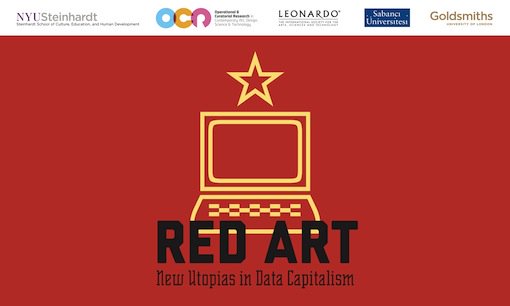
Today a weird process of over-identification is occurring between the archetypes of capitalism and communism at different scales, expanding the feeling of political impasse but at the same time suggesting new spaces of conflict. First, for the irony of fate, a communist state formally ruled by a communist party — China — has become the leading capitalist superpower. […] Second, exactly 20 years after the fall of the Berlin Wall, a global credit crunch have forced western governments to nationalize de facto many private banks openly infringing one of the basic commandments of neoliberal monotheism. […] Third, the new libertarian business models that are born out of digital networks celebrate and locate the common at the center of their mode of production. The new “wealth of networks” is to be based on the “creative commons” and “peer production” of online multitudes, Yoachai Benkler is suggesting to ICT giants like IBM, whereas Wired editor Kevin Kelly confirms that a “new socialism” and a “global collectivist society” is materializing thanks to the internet. These three examples, however, refers just to the surface of economic chronicles: the ‘communism of capital’ has its roots in a more general process of financialization of the whole life that has to be unpacked properly (…).
PDF
Posted: Maggio 10th, 2014 | Author: agaragar | Filed under: 99%, au-delà, BCE, bio, comune, comunismo, crisi sistemica, critica dell'economia politica, epistemes & società, Global, postcapitalismo cognitivo, postoperaismo | Commenti disabilitati su Finanza globale ed Europa
intervista di Andrea Fumagalli e Stefano Lucarelli a Christian Marazzi
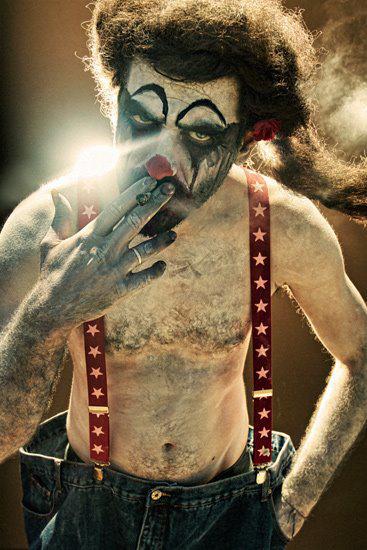
Parte I
Parte II
Posted: Maggio 4th, 2014 | Author: agaragar | Filed under: anthropos, au-delà, bio, Deleuze, epistemes & società, Foucault, post-filosofia, posthumanism | 25 Comments »
by Marco Altamirano

The distinction between nature and artifice has been definitive for Western conceptions of the role of humans within their natural environment. But in order to distinguish between nature and artifice, the human must be separated from nature. This separation, in turn, facilitates a classification of knowledge in general, typically cast in terms of a hierarchy of sciences that ascends from the natural sciences to the social (or human) sciences. However, this hierarchy considers nature as a substantial foundation upon which artifice operates and to which it responds. Here I examine three inter-related concepts that, by focusing on events rather than substances, operate beyond the nature–artifice distinction and thereby resist the hierarchical classification of the sciences: Foucault’s concept of technology, the concept of milieu as it crosses over historically from physics to biology and anthropology, and Deleuze and Guattari’s reconfiguration of the concept of milieu in terms of their concept of machine.
[–>]
Posted: Aprile 30th, 2014 | Author: agaragar | Filed under: anthropos, au-delà, epistemes & società, philosophia, post-filosofia | Commenti disabilitati su Atlas of Transformation
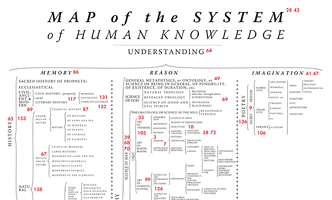
Atlas of Transformation is a book with almost 900 pages. It is a sort of global guidebook of transformation processes. With structured entries, its goal is to create a tool for the intellectual grasping of the processes of social and political change in countries that call themselves “countries of transformation” or are described by this term. The Atlas of Transformation was first published in Czech and it contains more than 200 “entries” and key terms of transformation. Several dozen authors (more than 100) from the whole world contributed to this book and also some influential period texts were republished here.
[–>]
Posted: Aprile 27th, 2014 | Author: agaragar | Filed under: 99%, au-delà, bio, comune, comunismo, epistemes & società, Marx oltre Marx, post-filosofia, postoperaismo, Révolution | Commenti disabilitati su Lazzarato: il rifiuto del lavoro
intervista a Maurizio Lazzarato di Davide Gangale
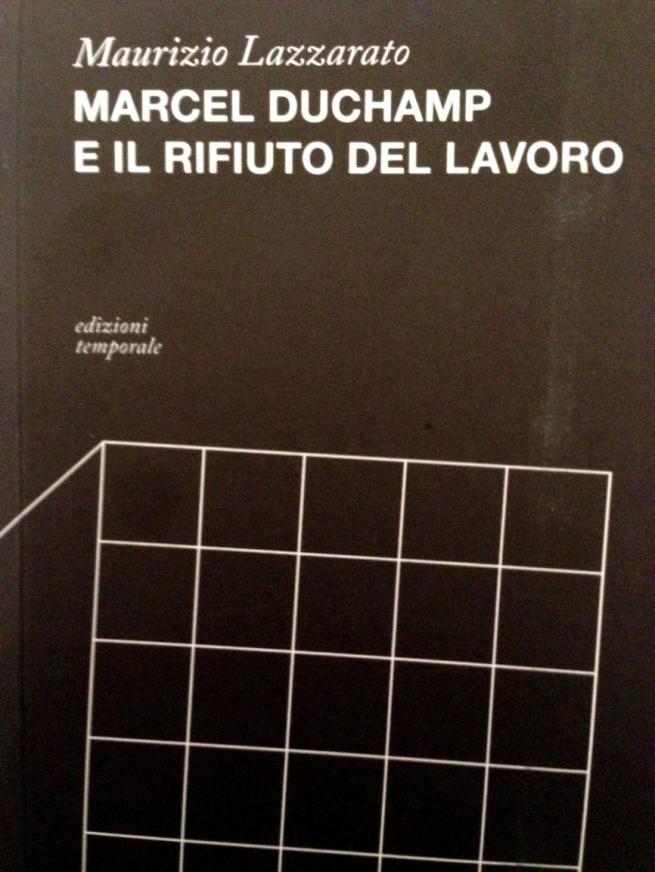
«Io non ho deciso di andare all’estero, come fanno oggi tanti giovani della tua età. Io sono scappato all’estero perché avevo un mandato di cattura. Ero un militante di Autonomia Operaia, che è stata una grande esperienza politica, anche se minoritoria, del processo di trasmissione dalla vecchia composizione di classe alla nuova. Non ci pensavo proprio, io, al futuro. Una volta arrivato in Francia mi sono rimesso a studiare. Ma sono precario ancora adesso.»
[–>]
Posted: Aprile 27th, 2014 | Author: agaragar | Filed under: 99%, anthropos, au-delà, bio, comune, comunismo, crisi sistemica, critica dell'economia politica, epistemes & società, Marx oltre Marx, postcapitalismo cognitivo, postoperaismo, Révolution | Commenti disabilitati su Negri: La Comune della cooperazione sociale
di FEDERICO TOMASELLO
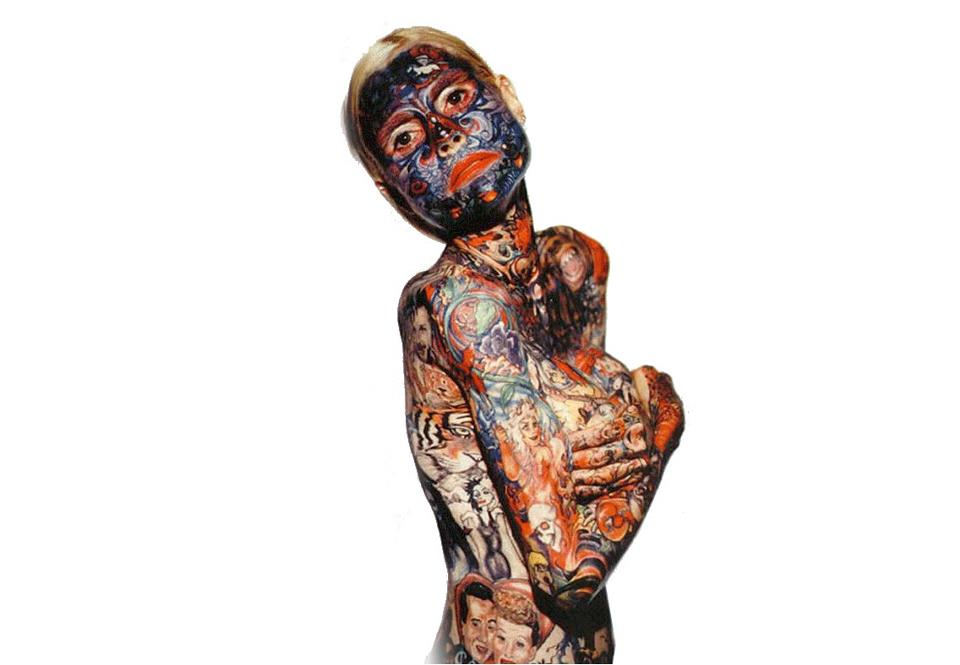
(Domanda). Ormai diversi anni fa, alcuni tuoi scritti riguardanti l’oggetto di questa intervista sono stati raccolti in un testo il cui titolo, Dalla fabbrica alla metropoli, rimanda all’adagio secondo cui la metropoli sta alla moltitudine come, una volta, la fabbrica stava alla classe operaia. Vorrei oggi parlare con te di cosa le trasformazioni, i movimenti e la crisi globale di questi anni ci dicono rispetto all’analisi della metropoli intesa come griglia analitica attraverso cui è possibile rileggere e interpretare molte categorie di lettura del presente. Recentemente – in particolare nell’intervento Per la costruzione di coalizioni moltitudinarie in Europa – hai fatto cenno all’esigenza di sottoporre a verifica critica alcune categorie consolidate dell’esperienza post-operaista: vorrei chiederti anzitutto se ritieni che anche questo schema di lettura del rapporto fra metropoli e moltitudine debba essere sottoposto a verifica e aggiornamento.
[–>]
Posted: Aprile 26th, 2014 | Author: agaragar | Filed under: au-delà, crisi sistemica, epistemes & società, Global, vita quotidiana | Commenti disabilitati su Il ritorno dell’insicurezza sociale
di Robert Castel
(cfr. l’introduzione di Gianvito Brindisi)

Vivere l’insicurezza sociale equivale a trovarsi alla mercé di ogni minimo rischio dell’esistenza: una malattia, un incidente, un’interruzione del lavoro, un imprevisto nel corso della vita possono spezzare il fragile equilibrio della quotidianità e far precipitare nella disgrazia, se non addirittura nella rovina. Su scala storica, questa insicurezza sociale è stata la condizione ordinaria di quello che un tempo era detto il popolo. «Vivere alla giornata», dispiegare sforzi costanti per arrivare a «sbarcare il lunario», sfiancarsi al fine di «guadagnarsi il pane»… Sono stati questi, nel corso dei secoli, i problemi quotidiani di quanti non avevano che il frutto del proprio lavoro per vivere o per sopravvivere. Nessuna provvista, nessuna proprietà, nessun gruzzoletto: tutti i giorni la domanda imperiosa su come si presenterà il domani. L’insicurezza sociale è questa impossibilità di securizzare l’avvenire, poiché la padronanza di questo avvenire dipende da condizioni che ci sfuggono.
[–>]
Posted: Aprile 26th, 2014 | Author: agaragar | Filed under: anthropos, au-delà, bio, epistemes & società, Foucault, Marx oltre Marx, post-filosofia | Commenti disabilitati su Foucault
Conferenze varie di Michel Foucault (audio)
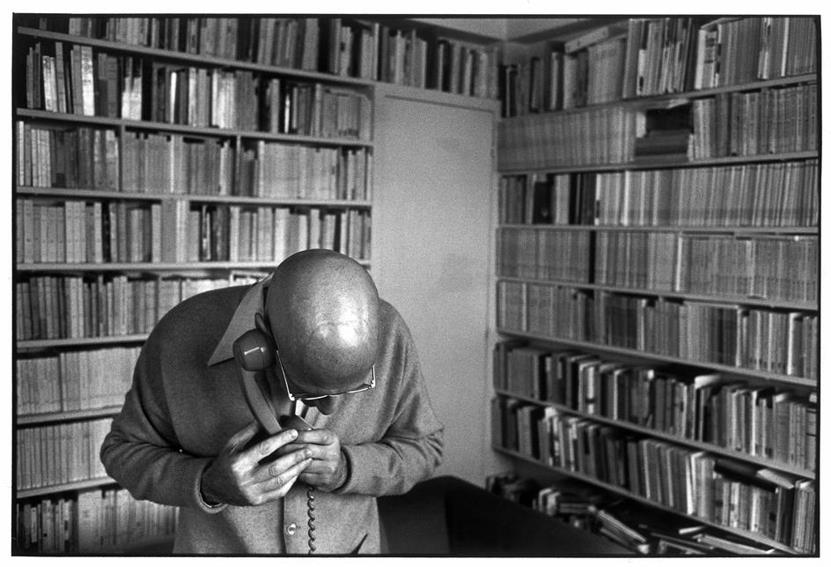
[–>]
Posted: Aprile 16th, 2014 | Author: agaragar | Filed under: anthropos, au-delà, bio, comune, digital conflict, epistemes & società, hacking, Marx oltre Marx, post-filosofia, postoperaismo, Révolution | 7 Comments »
by Unemployed Negativity
This is the longer version of an old conference paper . It never quite became publishable; it is left here to the gnawing criticism of digital mice.
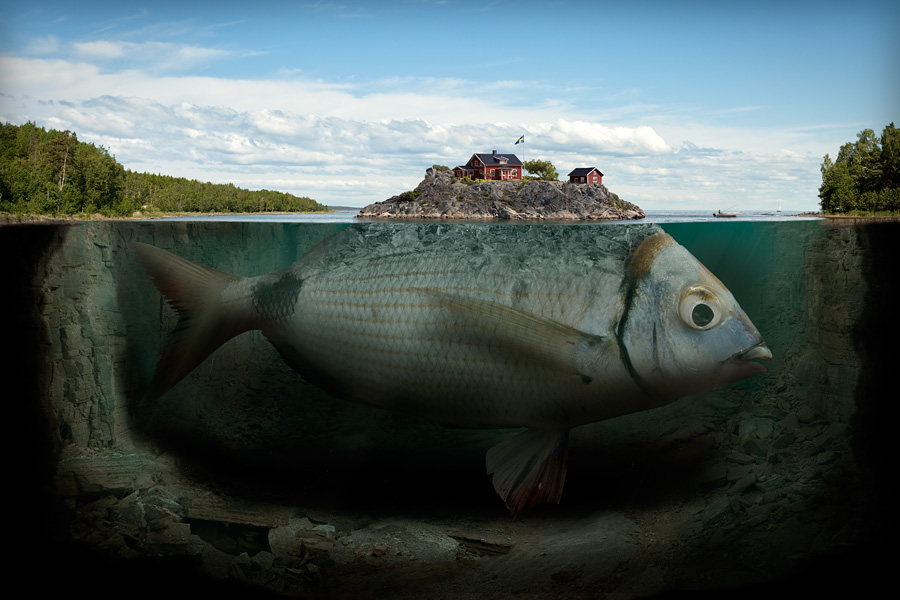
Materialism has always been the bastard stepson of philosophy. Its very position is paradoxical, if not impossible. It must use concepts and arguments to conceptualize and argue against the primacy of concepts and argument. This perennial problem is even worse today. If Marx was in some sense the most sophisticated materialist philosopher, elevating the material beyond the brute materiality of the body, to locate the material in the reality of production and the conflicted terrain of social relations, then one could argue that even this version of materialism is in jeopardy today. The economy, the last instance of materialist philosophy after Marx, can no longer be identified with the machines and noise of the factory, it has become digital, immaterial. What then remains of materialism when the economy has become ideal, determined more and more by the idealist category par excellence, speculation, and even labor has been declared immaterial, intersecting with beliefs and desires? At least the beginning of a response can be found in the seemingly paradoxical concept of “real abstraction.” This term, introduced by Marx, takes on a central importance in the work of Alfred Sohn-Rethel, where it is no longer a methodological necessity, but the cornerstone of a philosophy that seeks to understand the material basis of abstraction itself.
[–>]
Di Matteo Pasquinelli e Wietske Maas vedi: MANIFESTO DEL CAPITALISMO URBANO
Posted: Aprile 14th, 2014 | Author: agaragar | Filed under: 99%, anthropos, au-delà, comune, crisi sistemica, epistemes & società, Foucault, Marx oltre Marx, postcapitalismo cognitivo, postoperaismo | Commenti disabilitati su Forum su Lazzarato
Interventi di Federico Chicchi, Stefano Lucarelli e Sandro Mezzadra
Forum su Maurizio Lazzarato, Il governo dell’uomo indebitato. Saggio sulla condizione neoliberista, DeriveApprodi, Roma 2013 (216 p.)
a cura di Emanuele Leonardi
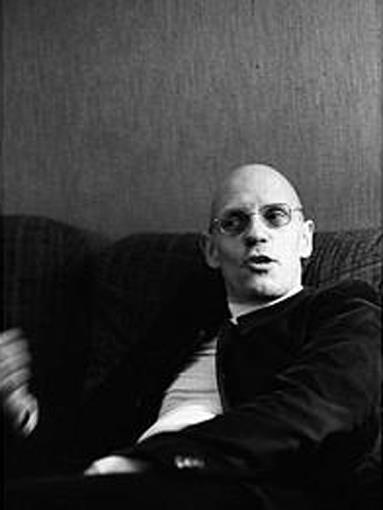
Domanda: Ne Il governo dell’uomo indebitato (2013) – ma ancor più, in effetti, nel precedente La fabbrica dell’uomo indebitato (2012) – Maurizio Lazzarato lega l’emergere e il consolidarsi delle politiche di austerità al progressivo introiettamento di un senso di colpa legato al debito in quanto dispositivo autoritario di controllo. Prova dell’esistenza pervasiva del debito-colpa sarebbe, secondo il filosofo italiano, l’attuale onnipresenza di richiami all’auto-limitazione, alla cautela, alla circospezione dopo anni di “vita vissuta al di là delle proprie possibilità”. Ritiene che questa chiave di lettura possa risultare utile alla comprensione critica del presente – e alla sua trasformazione?
[–>]










